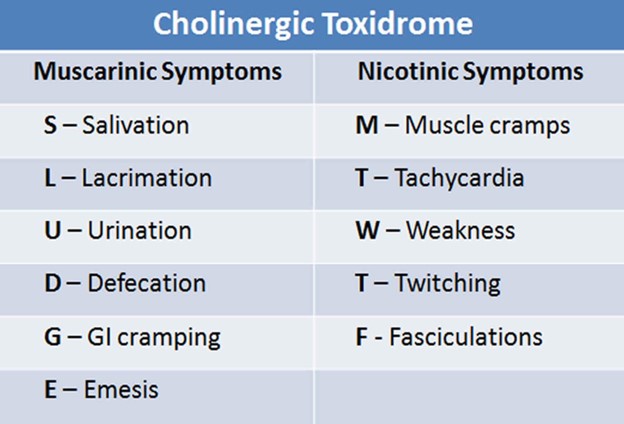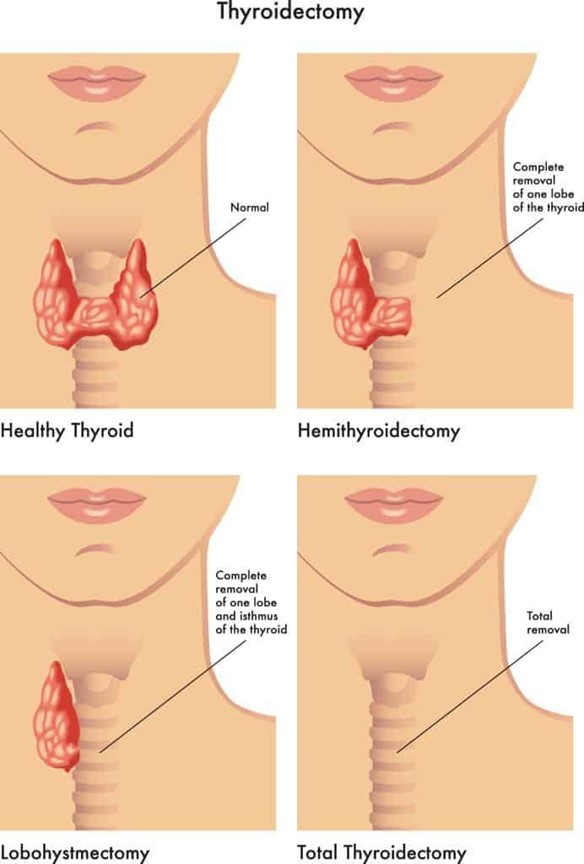A nurse is caring for a client who had a cholecystectomy and has a T-tube drain. Which of the following actions should the nurse take?
Apply a transparent dressing to the drain site.
Clamp the tubing when the client ambulates.
Place the client into Fowler's position.
Secure the tubing to the client's gown.
The Correct Answer is C
Choice A Reason: Applying a transparent dressing to the drain site is not an appropriate action for the nurse to take, as it may trap moisture and bacteria and increase infection risk.
Choice B Reason: Clamping the tubing when the client ambulates is not an appropriate action for the nurse to take, as it may cause bile accumulation and leakage and increase pressure and pain.
Choice C Reason: Placing the client into Fowler's position is an appropriate action for the nurse to take, as it helps to promote drainage and prevent reflux of bile into the liver.
Choice D Reason: Securing the tubing to the client's gown is not an appropriate action for the nurse to take, as it may cause tension and displacement of the drain and increase discomfort and bleeding.
Nursing Test Bank
Naxlex Comprehensive Predictor Exams
Related Questions
Correct Answer is A
Explanation
Choice A Reason: Atropine sulfate is the medication that the nurse should ensure is available to treat cholinergic crisis, as it blocks the effects of acetylcholine and reverses the symptoms of excessive parasympathetic stimulation.
Choice B Reason: Pyridostigmine bromide (Mestinon) is not the medication that the nurse should ensure is available to treat cholinergic crisis, but it is used to treat myasthenia gravis by increasing acetylcholine levels and improving muscle strength.
Choice C Reason: Protamine sulfate is not the medication that the nurse should ensure is available to treat cholinergic crisis, but it is used to reverse the effects of heparin and prevent bleeding.
Choice D Reason: Acetylcysteine (Mucomyst) is not the medication that the nurse should ensure is available to treat cholinergic crisis, but it is used to treat acetaminophen overdose and prevent liver damage.

Correct Answer is B
Explanation
Choice A Reason: Encouraging the client to cough and deep breathe every two hours, with her neck in a flexed position, is not a priority for a client after a total thyroidectomy, as it may increase the risk of bleeding or damage to the surgical site.
Choice B Reason: Maintaining the client in a Fowler's position, with head neutral supported by pillows, is a priority for a client after a total thyroidectomy, as it helps to reduce swelling and edema, prevent airway obstruction, and promote venous drainage.
Choice C Reason: Maintaining the client in a supine position, with sandbags placed on either side of her head and neck, is not a priority for a client after a total thyroidectomy, as it may impair breathing and circulation, increase pressure on the surgical site, and cause neck stiffness.
Choice D Reason: Encouraging the client to turn head side to side, to promote drainage of oral secretions, is not a priority for a client after a total thyroidectomy, as it may cause pain and discomfort, disrupt the sutures or drains, and increase the risk of infection.

Whether you are a student looking to ace your exams or a practicing nurse seeking to enhance your expertise , our nursing education contents will empower you with the confidence and competence to make a difference in the lives of patients and become a respected leader in the healthcare field.
Visit Naxlex, invest in your future and unlock endless possibilities with our unparalleled nursing education contents today
Report Wrong Answer on the Current Question
Do you disagree with the answer? If yes, what is your expected answer? Explain.
Kindly be descriptive with the issue you are facing.
